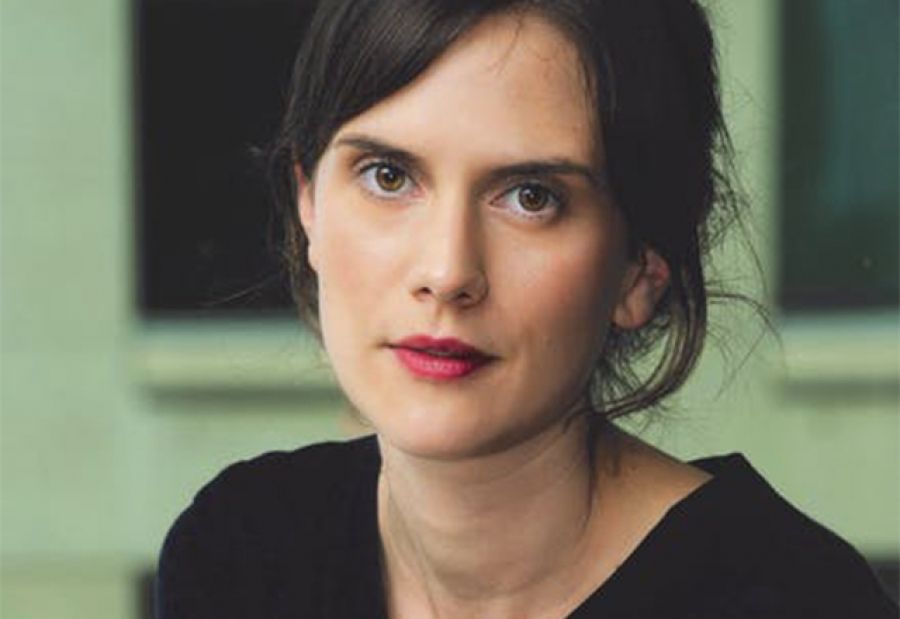
- Free Article: No
- Contents Category: Open Page
- Custom Article Title: Open Page with Stephanie Bishop
- Review Article: No
- Online Only: No
- Custom Highlight Text:
I studied creative writing at UTS. Yes, it was worth it, mainly because I encountered some brilliant teachers – Martin Harrison in particular. Martin’s courses didn’t simply ‘teach’ me about writing; they changed the way I saw the world. Then I went on to do a conventional PhD at Cambridge, partly due to a strong belief that you learn to write by reading closely, and by immersing yourself in the work of others. I have taken to thinking of this PhD as a kind of apprenticeship in style.
Did you study creative writing? If not, why not? If so, was it worth it?
I studied creative writing at UTS. Yes, it was worth it, mainly because I encountered some brilliant teachers – Martin Harrison in particular. Martin’s courses didn’t simply ‘teach’ me about writing; they changed the way I saw the world. Then I went on to do a conventional PhD at Cambridge, partly due to a strong belief that you learn to write by reading closely, and by immersing yourself in the work of others. I have taken to thinking of this PhD as a kind of apprenticeship in style.
Do you workshop drafts with other writers?
I discuss my work in progress with close writer friends, but I tend not to show it to anyone until it is at quite a late stage of development.
What are the greatest challenges that emerging writers face?
Finding publishers who are prepared to take a risk on them. Being heard in a saturated market.
How supportive are government, publishers, and literary magazines?
Australia has an increasingly vibrant publishing scene, with both well-established publishing houses and smaller setups actively supporting emerging work. This is so exciting to see. Likewise, there are some brilliant literary magazines around that publish fabulous things and strongly support new work. With the recent budget cuts to the Australia Council, one could hardly say that there is a great deal of government support for emerging writers. It is a very distressing scenario.
What importance do you place on social media and digital publishing?
I have found social media to be a really useful tool in making meaningful connections with readers and spreading the word about a book. Twitter in particular can facilitate immediate and international discussion around a book, which is hugely exciting. As for digital publishing, I think a lot of people enjoy the ease and flexibility of this format, particularly e-books. But I don’t think there is any risk of them usurping the place of the printed book.
Should emerging writers look beyond Australia for opportunities?
Absolutely. Publishing work overseas, studying overseas, applying for grants that take you to other places – all of these are really useful things for the development of any writer.
Which writer has most influenced you?
It’s very hard to name just one. My response to this question is liable to change. Today I’d have to say Virginia Woolf – Mrs Dalloway and To the Lighthouse in particular.
Which of your literary contemporaries do you most admire?
Deborah Levy, A.S. Byatt, Siri Hustvedt, Rebecca Solnit, Rachel Cusk.
What are you currently working on?
A new novel and a collection of essays. The novel is partly based on my father’s death, and the essays are about the process of making and our experience of made things. In the essays I am looking at the process of composing or making fiction, the making of gardens, the importation of film techniques into novels, the idea of invention, and then our encounters with favourite visual artists and writers – Barbara Hepworth and Gerhard Richter, Virginia Woolf, and Deborah Levy – then, just for the fun of it, the pleasure of dresses.


Comments powered by CComment